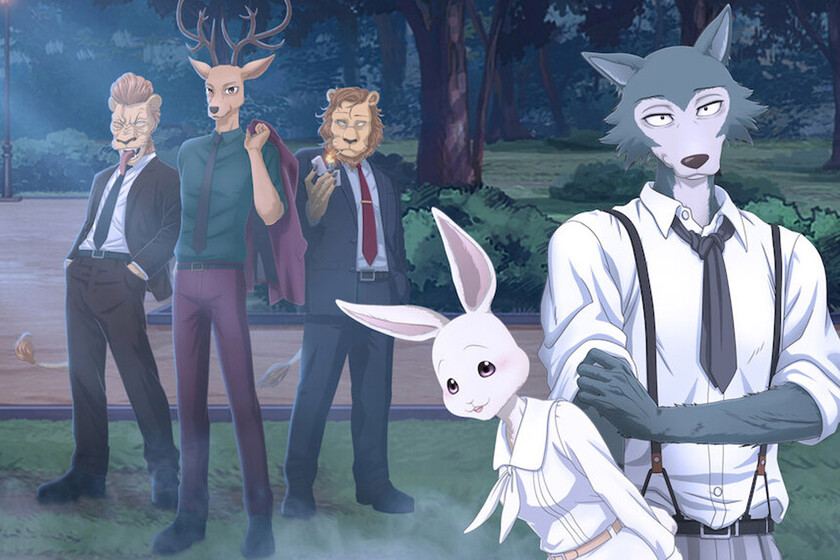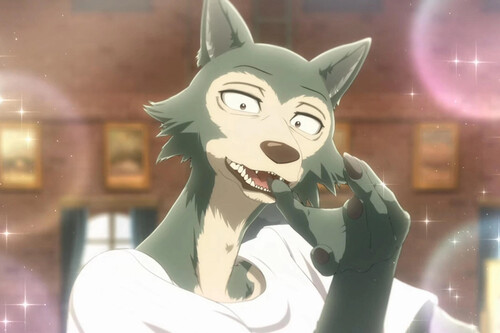Few anime series dare to tread into the philosophical depths that Beastars boldly explores, and its third season solidifies its place as one of the most thematically ambitious shows in recent memory. What began as a tale of anthropomorphic creatures navigating societal tensions has blossomed into a profound meditation on identity, prejudice, and the fragile pursuit of harmony. Season 3 doesn’t just continue the story—it elevates it.
At its core, this season delves into the perennial question of coexistence: can fundamentally different beings—herbivores and carnivores—truly live in harmony? The metaphor is obvious yet beautifully nuanced, drawing parallels to real-world struggles of race, culture, and generational divides. The show’s handling of these topics feels both intimate and grand, offering moments of raw vulnerability alongside sweeping societal commentary.
The narrative brilliance lies in its characters. Legoshi, the ever-conflicted protagonist, wrestles with his instincts and ideals more than ever before. His encounter with Melon, the enigmatic hybrid villain, pushes him to confront the harsh realities of identity politics. Melon is not just a villain but a product of systemic failure—a tragic figure who embodies the consequences of a society unwilling to accept hybridity. Meanwhile, Yahya, the former Beastar, introduces a contrasting perspective. His rigid worldview challenges Legoshi’s idealism, creating a tension that propels the story forward.

Louis’s Crossroads
Louis, too, shines this season. Torn between familial expectations and personal convictions, he embodies the sacrifices often demanded by societal roles. His internal conflict adds a layer of emotional gravitas that mirrors Legoshi’s external struggles.
Visually, Beastars Season 3 is a feast for the eyes. The animation, courtesy of Studio Orange, is as sharp as ever, blending traditional 2D techniques with masterful CGI. The Black Market scenes are especially striking, capturing a grim yet vibrant underworld that feels alive.
Where the series truly excels, however, is in its boldness. This season isn’t afraid to go dark, exploring themes of betrayal, systemic corruption, and the psychological toll of prejudice. Yet, amidst the darkness, it maintains a sliver of hope—a belief that understanding and empathy can bridge even the deepest divides.
The cliffhanger ending leaves much to be desired, not because it’s unsatisfying but because it’s impossible not to yearn for more. The stakes are higher than ever, with the fate of Legoshi, Haru, and the precarious peace between species hanging in the balance. Whether Beastars will ultimately deliver a resolution that satisfies its monumental ambitions remains to be seen. But if this season is any indication, it’s a challenge the series is ready to meet.
Final Verdict – 8.9/10
Beastars Season 3 is a triumph, weaving an intricate tale of identity and coexistence that feels both deeply personal and universally resonant. It’s not just an anime; it’s a reflection of the complexities of our world, packaged in a gripping, beautifully crafted narrative. For fans of thought-provoking storytelling, this is a must-watch.




